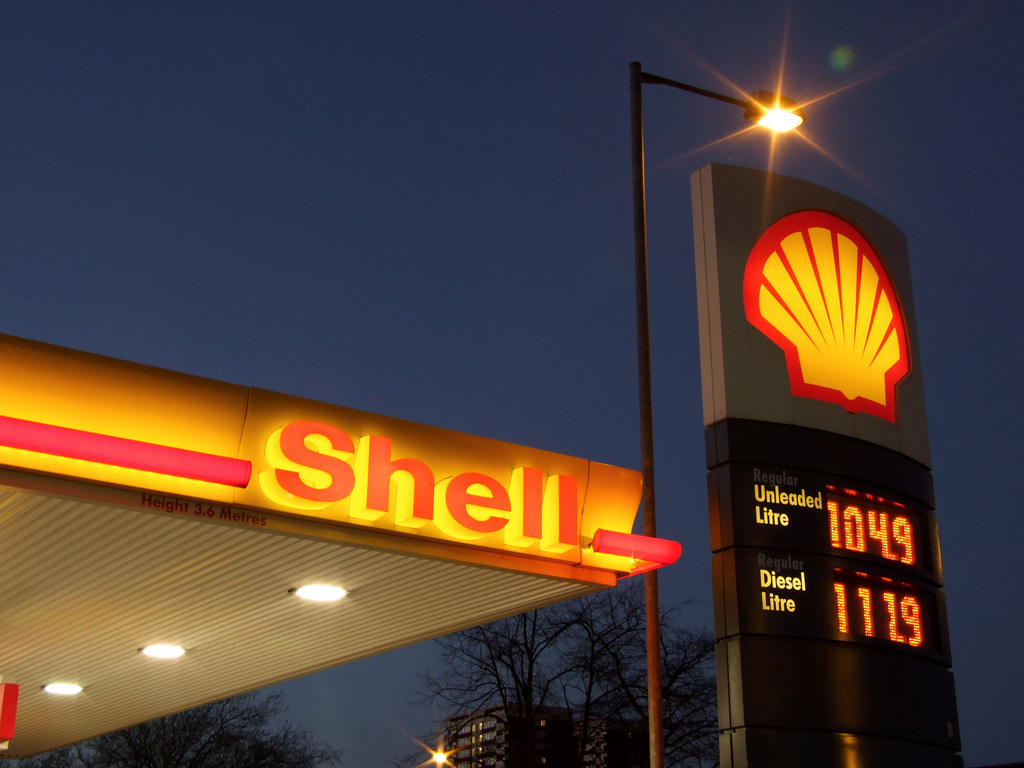This report is not a personal recommendation and does not take into account your personal circumstances or appetite for risk.
Royal Dutch Shell shares are lower today, as a $2bn tax reform charge steals the headlines over surging profits. But despite the dent from the tax charge – itself at the lower end of management’s $2-2.5bn guidance range – profits at the UK 100 ’s largest company more than doubled with Q4 earnings on a current cost basis at $4.3bn, hailing a successful year of transformation as the company streamlined its operations through $17.34bn of disposals. Further adding fuel to the fire for bullish investors will be the acknowledgement that the long-term impact of the tax reform is expected to be positive for the transnational oiler.

However, shares are lower today, highlighting an issue for Shell and the rest of the world’s oil producers that will be played out over the course of 2018. With total production flat YoY (FY17 3.664m boe/d compared with 3.668m in FY16) the significant improvement in earnings can almost entirely be attributed to the surging oil price alongside divestments, an issue likely to irk investors.
Global benchmark Brent topped $70 a barrel for the first time since 2014, although with rising US crude production (touching a 47-year peak this week) and OPEC-led production cuts to rebalance global supply seemingly ahead of schedule (according to Goldman Sachs just this morning), the concern is that the price may top out sooner rather than later.
With no incentive for OPEC to prolong cuts – many oil ministers have stated that they are ‘comfortable’ with a $60-70 oil price – the bullish drivers left for oil prices look to be waning. A 160% Brent crude rally from its 2016 lows is nothing to be scoffed at and the lows unlikely to be revisited, however the chances of seeing another 60% rally, let alone another 160% rally, seem improbable if not impossible.
Shell shares have already been in retreat from a near 4-year high earlier this month, although long-term rising lows support from the 2016 trough still remain in place. Although off their worst levels today, investors carefully digesting the release, shares are yet to close the gap lower at the open.
Whether shares can return to and surpass the highs of two weeks ago will now be a direct trade-off between the long-term impact of US tax reform versus the performance of crude oil benchmarks in the OPEC/no-PEC battle.
Henry Croft, Research Analyst, 1 February
This research is produced by Accendo Markets Limited. Research produced and disseminated by Accendo Markets is classified as non-independent research, and is therefore a marketing communication. This investment research has not been prepared in accordance with legal requirements designed to promote its independence and it is not subject to the prohibition on dealing ahead of the dissemination of investment research. This research does not constitute a personal recommendation or offer to enter into a transaction or an investment, and is produced and distributed for information purposes only.
Accendo Markets considers opinions and information contained within the research to be valid when published, and gives no warranty as to the investments referred to in this material. The income from the investments referred to may go down as well as up, and investors may realise losses on investments. The past performance of a particular investment is not necessarily a guide to its future performance. Prepared by Michael van Dulken, Head of Research
Comments are closed.